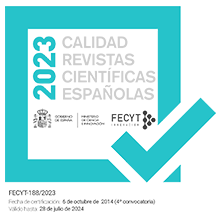Les polítiques lingüístiques als sistemes educatius dels territoris de llengua catalana
Resum
If one judges Catalan-speaking territories by the number of speakers or by their historic geographical area, they constitute a medium-sized body in European terms. Nevertheless, sociopolitical circumstances have divided and subdivided Catalan-language territories among various states and substate-level bodies, each of which has its own economical, social and political dynamic. Among many other factors, this breakup has meant the existence of language policies that are not simply different, but in clear contrast to each other. The diversity of circumstances and treatments should represent a first-class opportunity for theoretical and practical reflection, but this possibility is seriously compromised because it often turns out to be very expensive to obtain a comprehensive and systematic vision of what is happening in each territory, especially as regards glottopolitics and aspects further removed from didactic and pedagogic practice. This difficulty is especially harmful to the objectives of language normalization since, in general terms, it is precisely in the field of education that the civil society and local and territorial governments have had the greatest room for maneuver to counteract language policies designed to eradicate Catalan. This article attempts to offer an up-to-date, systematic vision of some of the principal aspects of the different language policies at the primary and secondary school levels in the Catalan-speaking territories at the beginning of the 21st century.



